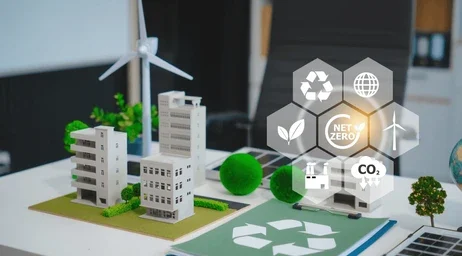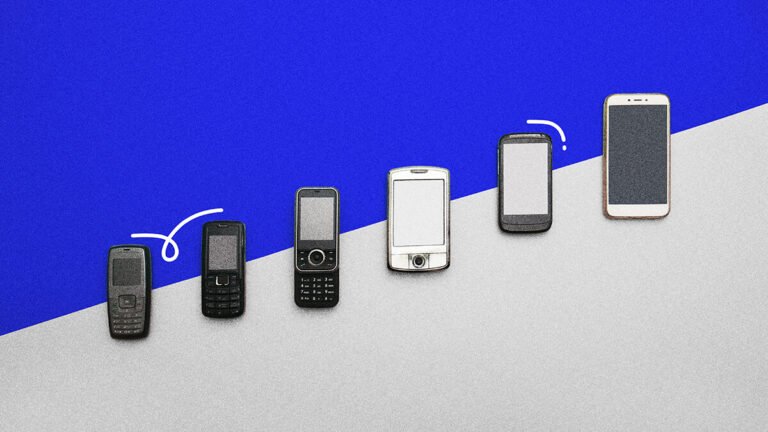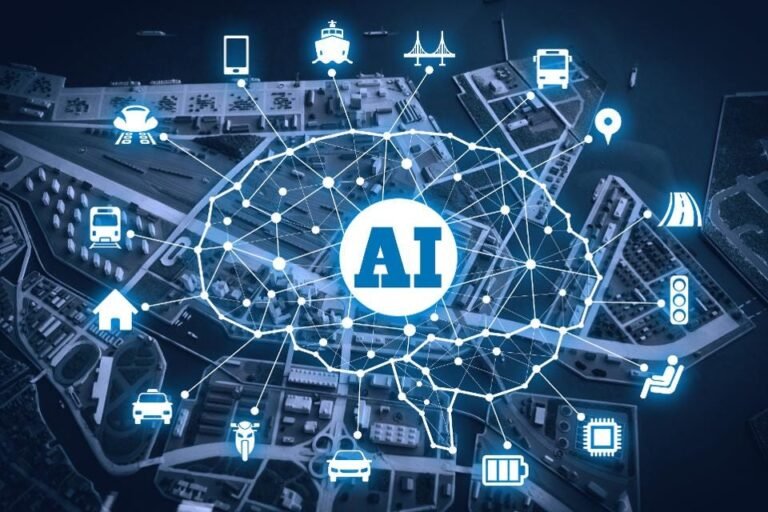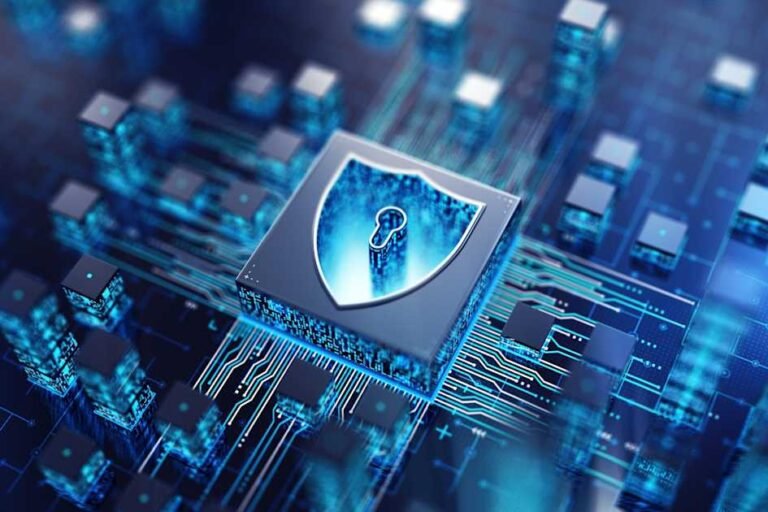How Smart Technology Is Improving Energy Efficiency
Smart technology is reshaping the landscape of energy efficiency. Innovations such as smart thermostats and energy monitoring apps provide consumers with tools to optimize energy use. These systems facilitate better management of energy consumption through automation and real-time data. As individuals become more aware of their usage patterns, the potential for significant energy savings increases. This raises questions about the broader implications of these technologies on sustainable living and energy consumption trends.
The Role of Smart Thermostats in Energy Management
As households increasingly seek ways to optimize energy consumption, smart thermostats have emerged as pivotal tools in energy management.
Through advanced thermostat scheduling, these devices allow users to program heating and cooling settings that align with their routines, resulting in significant energy savings.
Energy Monitoring Apps: Real-Time Insights for Consumers
Smart thermostats have set the stage for a broader range of energy management tools, with energy monitoring apps gaining traction among consumers.
These applications provide real-time insights into energy usage, enhancing consumer awareness and empowering individuals to make informed decisions.
See also: How Artificial Intelligence Is Used in Everyday Life
Smart Lighting Solutions: Enhancing Efficiency and Convenience
While traditional lighting systems often lead to excessive energy consumption, innovative lighting solutions are transforming how spaces are illuminated.
Smart bulbs, integrated with automated controls, allow users to customize brightness and color, optimizing energy use based on occupancy and time of day.
This adaptability not only enhances convenience but also significantly reduces energy waste, empowering individuals to take charge of their lighting environments.
The Impact of Smart Appliances on Energy Consumption
Innovative lighting solutions exemplify the broader trend of integrating smart technology into everyday appliances, which has profound implications for energy consumption.
Smart refrigerators, equipped with energy-saving features, significantly reduce power usage by optimizing cooling cycles and minimizing energy waste.
These advancements not only enhance efficiency but also empower consumers with greater control over their energy consumption, fostering a more sustainable lifestyle.
Conclusion
In the landscape of energy consumption, smart technology serves as a guiding lighthouse, illuminating the path toward efficiency and sustainability. Through the integration of smart thermostats, monitoring apps, and appliances, consumers are empowered to navigate their energy usage with precision. This technological evolution not only reduces waste but also fosters a collective consciousness about resource management. As these innovations continue to evolve, they symbolize a transition to a more mindful and environmentally responsible future, illuminating the way for generations to come.



